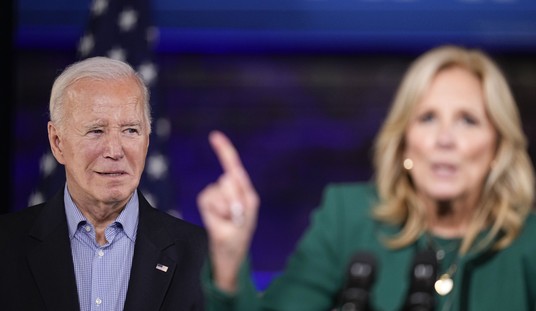I skimmed over a new book by Law Professor Thane Rosenbaum entitled Payback: The Case for Revenge. The title was intriguing and the book description sounded interesting:
We call it justice—the assassination of Osama bin Laden, the incarceration of corrupt politicians or financiers like Rod Blagojevich and Bernard Madoff, and the climactic slaying of cinema-screen villains by superheroes. But could we not also call it revenge? We are told that revenge is uncivilized and immoral, an impulse that individuals and societies should actively repress and replace with the order and codes of courtroom justice. What, if anything, distinguishes punishment at the hands of the government from a victim’s individual desire for retribution? Are vengeance and justice really so very different? No, answers legal scholar and novelist Thane Rosenbaum in Payback: The Case for Revenge—revenge is, in fact, indistinguishable from justice.
Revenge, Rosenbaum argues, is not the problem. It is, in fact, a perfectly healthy emotion. Instead, the problem is the inadequacy of lawful outlets through which to express it. He mounts a case for legal systems to punish the guilty commensurate with their crimes as part of a societal moral duty to satisfy the needs of victims to feel avenged. Indeed, the legal system would better serve the public if it gave victims the sense that vengeance was being done on their behalf. Drawing on a wide range of support, from recent studies in behavioral psychology and neuroeconomics, to stories of vengeance and justice denied, to revenge practices from around the world, to the way in which revenge tales have permeated popular culture—including Hamlet, The Godfather, and Braveheart—Rosenbaum demonstrates that vengeance needs to be more openly and honestly discussed and lawfully practiced.
In the introduction, the author says that human beings long for justice and fairness. “We accept legal rulings when justice is served–not simply when the law has spoken. If we don’t feel the just in justice, we will walk away from the law, like any unavenged victim who knows hat the score remains unsettled and that payback is still owed. This is why running away from revenge, pretending that reclaiming honor is not an honorable pursuit, presents similar moral consequences as living in a society where the guilty go unpunished while citizens are asked to accept that justice was done.”
In our collective, PC society, there are many instances of unfairness on a regular basis: the man who is falsely accused of rape while his accuser suffers no consequences, the student who is denied a degree based on her political beliefs or the man who has his children taken away because he is unfairly accused of sexual abuse. The anger and feelings of distrust are swept under the rug by society but the feelings inside stay, bubbling beneath the surface, but there nonetheless. We do a disservice by telling people to get over it, for without justice (or what the author calls revenge), our citizens have no trust, and hence, no moral obligation to be fair to each other.









Join the conversation as a VIP Member